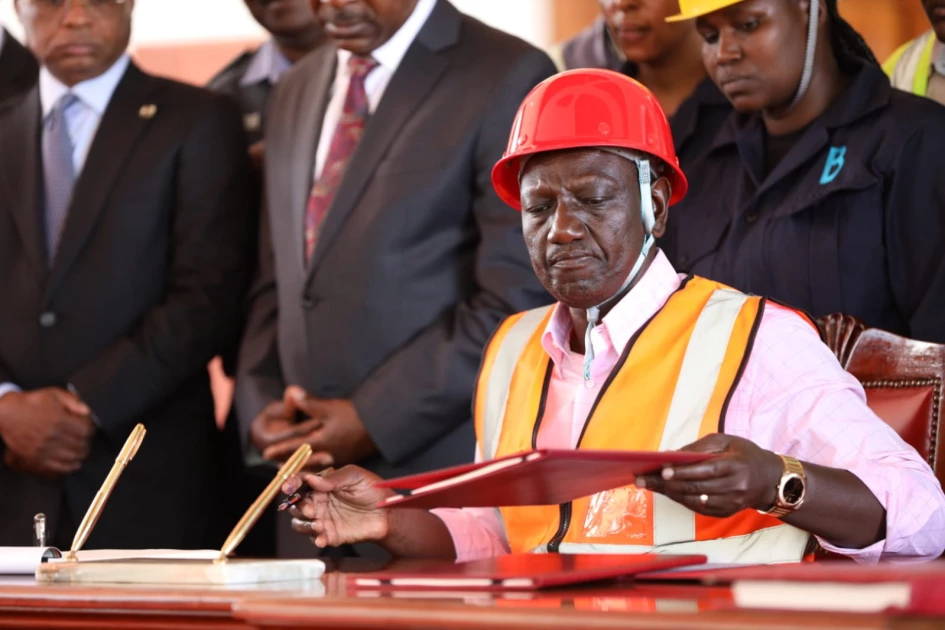President William Ruto has officially signed the contentious Affordable Housing Bill into law, marking a significant development in housing legislation. The signing took place at State House, Nairobi, on Tuesday, reintroducing the controversial housing levy deductions.
Following the bill’s passage by both the Senate and the National Assembly last week, with various amendments, including the inclusion of county governments, President Ruto’s signature now sets the stage for the implementation of the levy. Under the new law, all employers and employees are required to remit a deduction of 1.5% from their monthly salaries, a move that has elicited mixed reactions from the public.
Previously, the housing levy had faced legal challenges, being declared unconstitutional by the High Court in 2023 and subsequently upheld by the Court of Appeal. However, the government, under Ruto’s leadership, asserts that the suspension allowed for a restructuring of the bill, providing a renewed legal framework for the levy.
The Affordable Housing Bill outlines four key components aimed at addressing various housing needs within the country. These components include the Social Housing Unit for low-income earners, the Middle Class segment for those earning above a certain threshold, General Affordable Housing catering to a broader income range, and Rural Housing for individuals residing outside urban areas.
Furthermore, the bill mandates several institutions, such as the Ministry of Housing, the National Housing Corporation (NHC), county governments, and approved private entities, to oversee the implementation of the housing project. The Affordable Housing Board will serve as the governing body responsible for managing the funds allocated for this purpose.
Notably, the bill emphasizes prioritizing slum areas for housing construction and ensuring transparency in housing allocation to prevent multiple allocations. Additionally, it stipulates the use of locally sourced construction materials and labor, aiming to boost local industries and empower communities economically.





